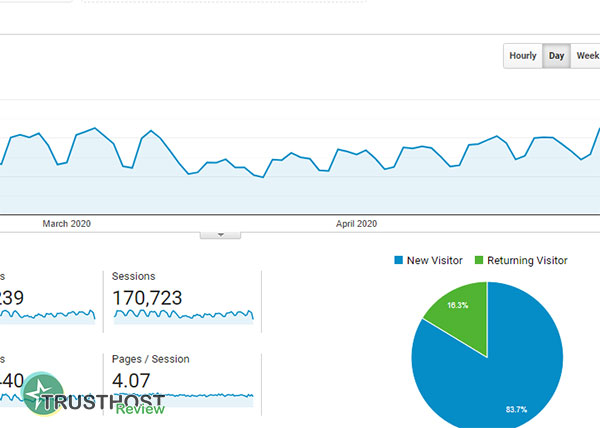Niche Audiences: A Deep Dive into Body Keywords
In the vast digital landscape, attracting the right audience to your content is paramount. While head keywords (broad terms like "digital marketing" or "healthy recipes") are crucial for initial visibility, it's the strategic use of body keywords that truly hones your content to resonate with specific segments within your target market.
What are Body Keywords?
Body keywords, also known as long-tail keywords or supporting keywords, are more specific phrases that delve deeper into the user's search intent. They typically consist of three or more words and represent the granular details users are looking for when researching a topic.
Example:
- Head Keyword: Weight Loss
- Body Keywords: weight loss tips for busy moms, best weight loss apps for android, healthy weight loss meal plans on a budget
The Power of Specificity: Why Body Keywords Matter
Think of body keywords as laser beams, targeting a very particular audience with precision. Here's why they are indispensable:
- Reduced Competition: Niche keywords naturally have less competition, giving your content a better chance to rank higher in search results.
- Higher Conversion Rates: Users searching for specific information are often further along in the buyer's journey, making them more likely to convert into customers or clients.
- Enhanced Content Relevance: By addressing highly specific queries, you establish yourself as an authority in your niche, building trust and credibility with your audience.
Finding and Implementing Body Keywords
1. Brainstorm: Put yourself in your audience's shoes. What specific questions, challenges, or desires might they have related to your head keyword?
2. Leverage Keyword Research Tools: Tools like SEMrush, Ahrefs, and Google Keyword Planner provide valuable insights into search volume, competition, and related long-tail keywords.
3. Analyze Competitor Content: See what body keywords your competitors are using and identify potential gaps you can fill.
4. Integrate Naturally: Avoid keyword stuffing. Seamlessly weave body keywords into your content in a way that reads naturally and provides value to the reader.
Optimizing Your Content for Body Keywords
- Use body keywords in your page title, headings, and subheadings.
- Incorporate them naturally throughout your content body.
- Optimize image alt text with relevant body keywords.
- Build internal links using body keywords to enhance website navigation and user experience.
By embracing the power of body keywords, you can unlock a treasure trove of engaged, niche audiences actively seeking the exact information or solutions you offer. This granular approach to SEO not only improves your search visibility but also drives targeted traffic, fosters stronger connections, and ultimately contributes to achieving your online goals.
















